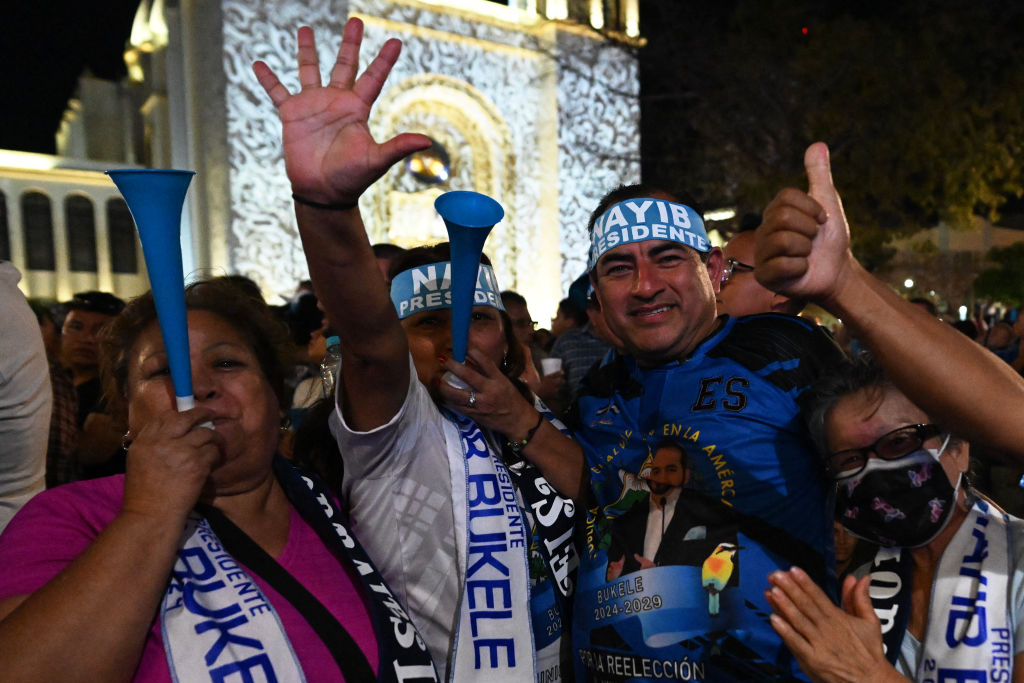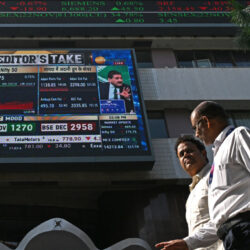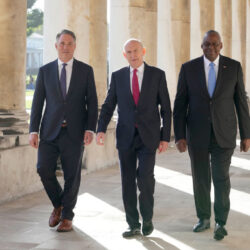
Latin America is undergoing profound political changes driven by low economic growth and social structural issues that have developed since the 20th century. The region is grappling with poverty, inequality, insecurity, and corruption against a global backdrop of increasing conflicts and uncertainty while world markets are still recovering from COVID-19 and recent economic crises. This disparity between the severity of the challenges and the limited capacity of governments to address them creates an explosive situation characterized by political fatigue, angry streets, and irritated voters. This dynamic quickly wears down leaders and makes governance increasingly complex, ultimately putting political stability to the test.
Electoral Behavior in Latin America
In the current scenario, Latin American governments are facing a triple threat that undermines the rule of law and the quality of democracies in the region: organized crime, systemic corruption, and authoritarian populism. Furthermore, these governments are facing the political risks of democratic disaffection and governance under pressure. As a result, the concept of democracy varies significantly among Latin American regimes.
In 2024, the world experienced an unprecedented “electoral tsunami” – the largest in history. Approximately 80 electoral events occurred in around 70 countries worldwide. Latin America alone saw eight elections – in El Salvador, Panama, the Dominican Republic, Mexico, Venezuela, Brazil, Chile and Uruguay. However, these elections do not necessarily indicate an increase in democratic practices. In several authoritarian nations, such as Venezuela, these electoral processes are likely to be farcical.
Looking ahead to 2025, the region is expected to enter another intense electoral year, marking a significant wave of activity within the ongoing super-cycle from 2021 to 2024. Five presidential elections are timetabled (Ecuador, Bolivia, Chile, Honduras, and Haiti), along with several subnational elections in Argentina, Venezuela, Uruguay, and Mexico. This period will signify the conclusion of a notable reconfiguration in the regional political landscape, characterized by voting trends that aim to penalize ruling parties, the necessity for second-round elections to define the presidency, unexpected results, fragmented governments, unstable coalitions, and the rise of populist candidates.
Pragmatism at the Polls
The population votes for reasons that extend beyond mere ideology: a decline in purchasing power, anxiety over security, limited opportunities for social advancement, and dissatisfaction with the performance of the state, political parties, and political leaders. In Latin America, low economic growth since 2013, a loss of purchasing power, and rising levels of insecurity have increased social frustration. This disenchantment among the population has led to a gradual decline in trust in states, governments, the political class, and traditional parties. The frustration stemming from the challenges of achieving personal and intergenerational social improvement has manifested in the region’s elections. Since 2018, voters have consistently rejected the government, with exceptions in Costa Rica in 2018, Paraguay in 2018 and 2023, and Nicaragua in 2021, although the latter occurred under undemocratic conditions.
Starting in 2024, this ongoing anti-government sentiment has been coupled with support for leaders who effectively address major citizen concerns. This trend explains the electoral victories of Claudia Sheinbaum in Mexico, Nayib Bukele in El Salvador, and Luis Abinader in the Dominican Republic. Bukele reduced homicide rates from 35 per 100,000 inhabitants in 2019 to 2.4 in 2024. Mexico’s Andrés Manuel López Obrador helped reduce poverty, maintained purchasing power, and paved the way for Sheinbaum’s victory. Abinader implemented public policies focused on economic growth, particularly during the pandemic and its aftermath (2020-2022), which safeguarded tourism – the country’s leading industry – and preserved jobs.
This pragmatic approach to voting, rather than an ideological one, will likely be evident in 2025. A punitive vote may emerge in countries like Ecuador (with Daniel Noboa), Chile (with Gabriel Boric), and Bolivia (with Luis Arce), driven by frustration over unmet expectations from their administrations. This year’s elections will also reveal political and electoral trends from 2023 to 2024. Notably, there has been a rise in anti-establishment candidates such as Javier Milei in Argentina and Bukele in El Salvador, along with the consolidation of new authoritarian regimes in countries like Nicaragua and Venezuela, where parliamentary elections may mask authoritarian practices.
The results from 2023 and 2024 indicate that the populations of numerous Latin American countries are not voting based on ideological beliefs but are somewhat influenced by their economic circumstances and feelings of anxiety related to insecurity and dissatisfaction with the government, political parties, and the political class. Politically, economically and developmentally, the region remains highly diverse. As a result, democracy in Latin America continues to be a concept fraught with contradictions.
Supporters of Salvadoran President Nayib Bukele gather outside the National Palace to celebrate his re-election during the presidential and legislative elections in San Salvador on Feb. 4, 2024. Photo by MARVIN RECINOS/AFP via Getty Images





